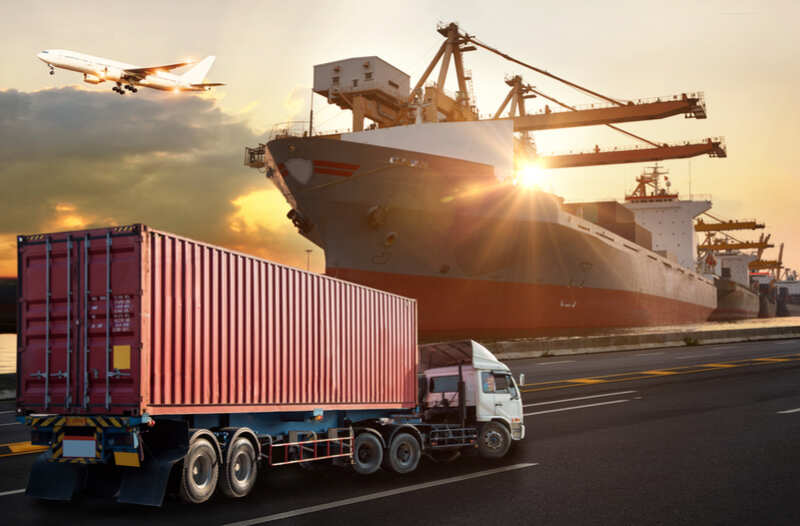
New Delhi: India can save logistics fuel worth Rs 311 lakh crore from 2020 to 2050 by deploying clean and cost-effective mode of goods transportation, a Niti Aayog report said on Wednesday, and added that the country can also save 10 gigatonnes of cumulative carbon dioxide emissions over the next three decades. The Aayog and Rocky Mountain Institute (RMI) in a report titled ‘Fast Tracking Freight in India: A Roadmap for Clean and Cost-Effective Goods Transport’ said due to the rising demand for goods and services, freight transport demand is expected to grow rapidly in the future.
“India can save logistics fuel worth Rs 311 lakh crore between 2020 and 2050.. can save 10 gigatonnes of cumulative CO2 emissions between 2020 and 2050,” the report said.
According to the report, India has the potential to reduce its logistics cost by 4 per cent of GDP and also reduce nitrogen oxide (NOx) and particulate matter (PM) emissions by 35 per cent and 28 per cent, respectively, until 2050.
“While freight transport is essential to economic development, it is plagued by high logistics costs and contributes to rising CO2 emissions and air pollution in cities,” it said.
The report outlined solutions for the freight sector related to policy, technology, market, business models and infrastructure development.
The recommendations included increasing the rail network’s capacity, promoting intermodal transport, improving warehousing and trucking practices, policy measures and pilot projects for clean technology adoption, and stricter fuel economy standards.
According to the report, as India’s freight activity grows five-folds by 2050 and about 400 million citizens move to cities, a whole system transformation can help uplift the freight sector.
Speaking at the event, Niti Aayog’s adviser (Transport and Electric Mobility) Sudhendu J. Sinha said: “Freight transportation is a critical backbone of India’s growing economy, and now more than ever, it’s important to make this transport system more cost-effective, efficient, and cleaner.
“Efficient freight transport will also play an essential role in realising the benefits of existing government initiatives such as Make in India, Aatmanirbhar Bharat, and Digital India,” Sinha added.
RMI managing director Clay Stranger said that this transformation will be defined by tapping into opportunities such as efficient rail-based transport, the optimisation of logistics and supply chains, and shift to electric and other clean-fuel vehicles.
Go to Source